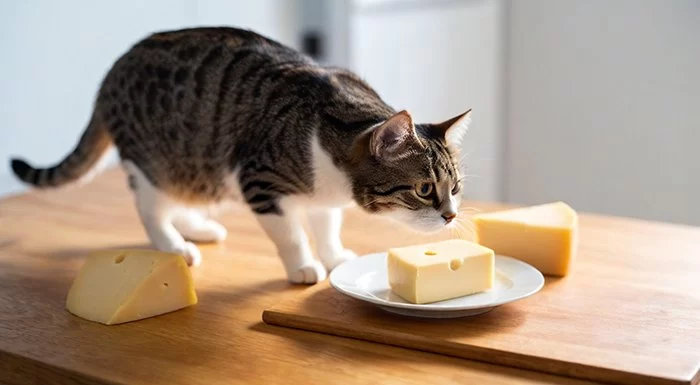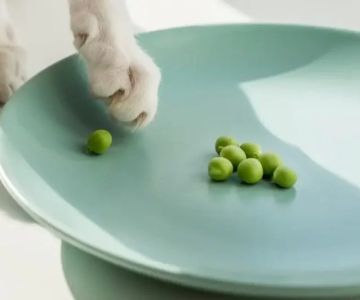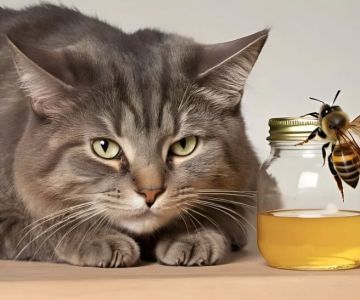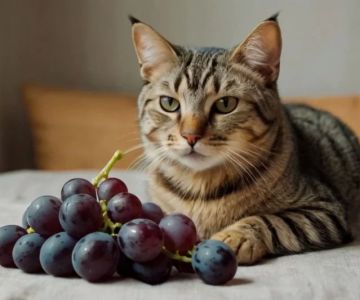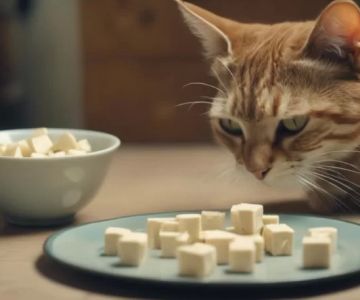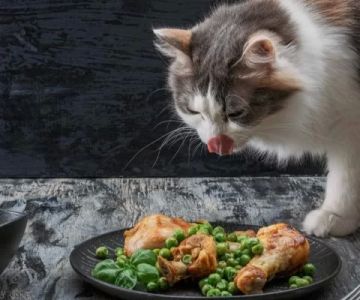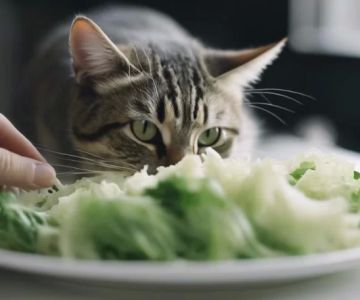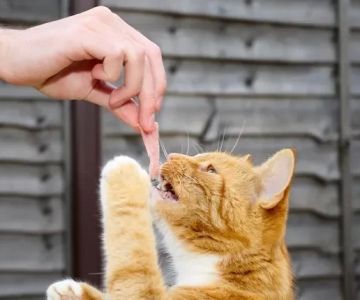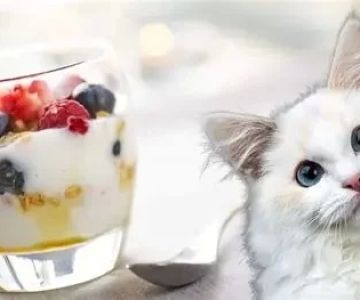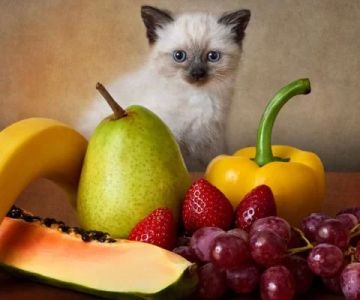- Can Cats Eat Cheese Without Problems?
- Why Cats Might Like Cheese
- Potential Risks of Cheese for Cats
- When Is It Safe to Feed Cheese to Your Cat?
- Alternatives to Cheese for Treating Cats
- Why Hidden Brook Veterinary Is Your Go-To Resource
1. Can Cats Eat Cheese Without Problems?
As cat owners, we often want to share our favorite treats with our furry companions, and cheese is a popular snack that many cats seem to love. But can cats eat cheese without problems? While cheese is not toxic to cats, it’s important to understand whether it’s a safe and healthy option for them.
Cats are obligate carnivores, which means their diet primarily consists of meat. Dairy products like cheese don’t play a vital role in their nutritional needs, so they’re not essential to their diet. But many cats enjoy the taste of cheese, and some owners may be tempted to offer it as a treat. However, there are several factors to consider before sharing this snack with your feline friend.
2. Why Cats Might Like Cheese
Cats are known to have a keen sense of smell, and cheese has a strong, aromatic scent that may appeal to their senses. Additionally, cheese contains fats and proteins, which can be attractive to a cat's taste buds. It’s not unusual for cats to be drawn to cheese, especially if they’ve been exposed to it from a young age.
Some cats might even beg for cheese or try to sneak a bite when you’re not looking. This behavior might seem cute, but it’s important to remember that just because a cat likes something doesn’t mean it’s good for them in the long run.
3. Potential Risks of Cheese for Cats
While cheese is not harmful in small amounts, there are several risks associated with feeding cheese to cats:
- Lactose Intolerance: Many adult cats are lactose intolerant, meaning they don’t have enough of the enzyme lactase to properly digest lactose, the sugar found in milk and dairy products. This can lead to digestive upset, including diarrhea, bloating, and stomach cramps.
- High Fat Content: Cheese is high in fat, which can contribute to weight gain and obesity in cats if fed in excess. Obesity can lead to serious health issues, including diabetes and joint problems.
- Unnecessary Calories: Cats don’t need cheese as part of their diet, so offering it as a regular treat can add unnecessary calories. Cats are best kept on a balanced diet formulated to meet their specific nutritional needs.
So, while a small amount of cheese might not cause harm, it’s important to be aware of these potential risks and feed cheese only as an occasional treat. Keep an eye on your cat for any signs of digestive discomfort after offering cheese to ensure it doesn’t affect them negatively.
4. When Is It Safe to Feed Cheese to Your Cat?
It’s safe to feed your cat cheese in moderation, provided that your cat is not lactose intolerant and that you’re offering cheese as an occasional treat rather than a regular snack. Here are some guidelines to keep in mind:
- Small Portions: If you decide to feed cheese to your cat, only offer a small piece—about the size of a thumbnail or smaller. This will minimize the risk of digestive upset.
- Watch for Signs of Lactose Intolerance: If your cat experiences diarrhea, vomiting, or bloating after eating cheese, discontinue giving them dairy products and consult your vet.
- Use Cheese as an Occasional Treat: Rather than making cheese a part of your cat’s regular diet, offer it occasionally as a fun, special treat. Focus on providing your cat with high-quality cat food that meets their nutritional needs.
5. Alternatives to Cheese for Treating Cats
If you’re looking for healthier alternatives to cheese for treating your cat, consider the following options:
- Cat Treats: There are many cat-specific treats available that cater to your cat’s nutritional needs. These treats are designed to be safe and beneficial for your cat’s health.
- Cooked Meat: Small pieces of cooked chicken, turkey, or other meats make excellent treats for your cat. Meat provides protein, which is essential for your cat’s diet.
- Catnip: If your cat enjoys a little extra fun, catnip can be a great option. Many cats find catnip stimulating and entertaining, and it’s perfectly safe in moderation.
- Freeze-Dried Fish: Freeze-dried fish, such as salmon or tuna, is another popular treat that many cats love. It’s high in protein and provides a healthy snack option.
These alternatives are better suited to your cat’s dietary needs and will likely provide them with more nutritional benefits than cheese.
6. Why Hidden Brook Veterinary Is Your Go-To Resource
If you have concerns about your cat’s diet or health, Hidden Brook Veterinary is here to help. Our team of veterinary professionals can provide you with personalized advice on your cat’s nutrition, help identify potential food sensitivities, and recommend safe and healthy treat options. We believe that keeping your cat healthy and happy starts with a balanced diet, and we are dedicated to helping you make the best choices for your furry friend.
Visit Hidden Brook Veterinary for expert guidance on your cat’s health and nutrition, and explore our range of products designed to support your pet’s well-being.

